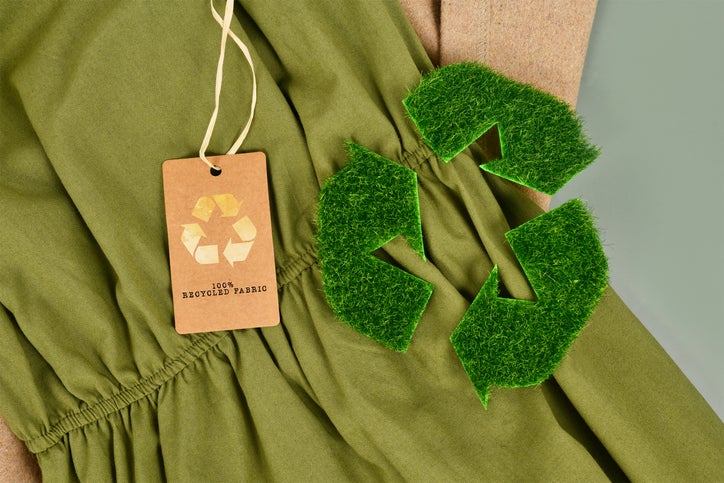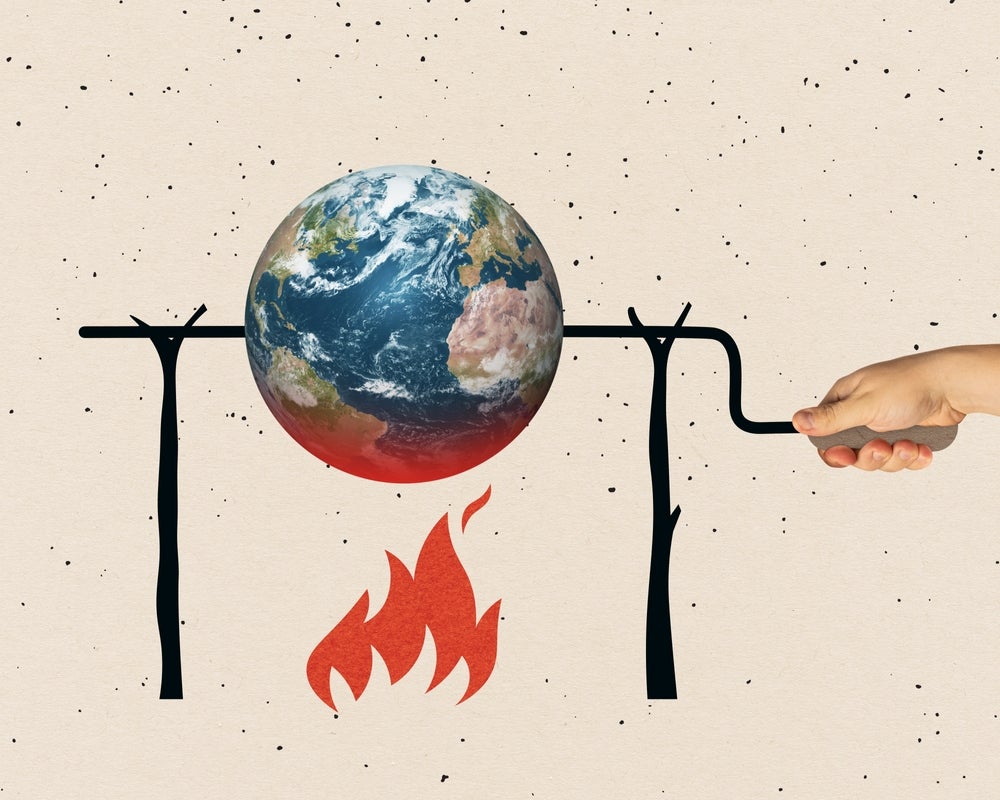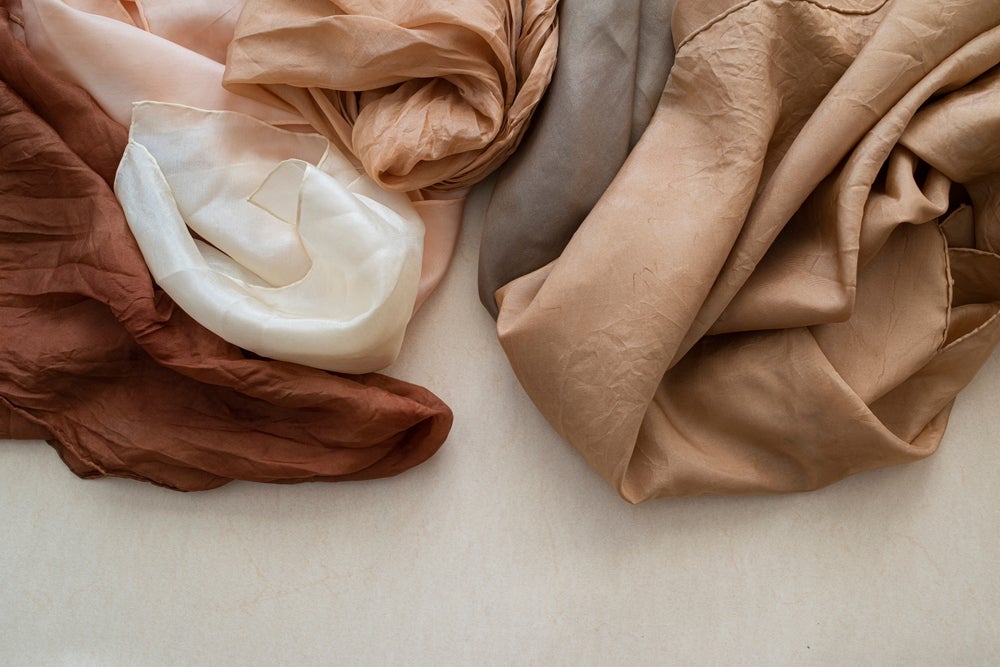
During a recent panel discussion at the Textile Exchange 2023 Conference titled “The Changemaker Toolkit,” industry experts shared their insights and experiences on building sustainable partnerships, overcoming challenges, and creating a long-term vision for a more sustainable fashion supply chain.
Textile Exchange reveals how to collaborate with suppliers in the fashion supply chain
The panel highlighted the importance of collaborating with suppliers throughout the fashion supply chain. The panel’s commitment to sustainability has led them to partner with suppliers to achieve certifications like GOTS (Global Organic Textile Standard) and GRS (Global Recycled Standard).
This kind of collaboration demonstrates their dedication to long-term relationships viewing suppliers as integral members of the team.
Furthermore, the involvement of suppliers in the entire supply chain allows for innovation and exploration of new materials and sustainable practices.
It becomes a mutually beneficial relationship that serves both the brands and suppliers, contributing to the overall sustainability of the fashion industry.
The challenge of cost and margin in the fashion supply chain
Cost and margin is a significant challenge in the path towards fashion sustainability with one Textile Exchange panellist acknowledging there are situations where using sustainable materials can be more expensive.
How well do you really know your competitors?
Access the most comprehensive Company Profiles on the market, powered by GlobalData. Save hours of research. Gain competitive edge.

Thank you!
Your download email will arrive shortly
Not ready to buy yet? Download a free sample
We are confident about the unique quality of our Company Profiles. However, we want you to make the most beneficial decision for your business, so we offer a free sample that you can download by submitting the below form
By GlobalDataHowever, it is advised that leadership must understand the value of these decisions and their long-term benefits.
It is essential to convince decision-makers of the impact of sustainable choices and focus on materials as an area where immediate positive changes can be made.
Building a sustainable team and defending the budget
During the discussion, it was pointed out that, besides tools and innovations, building a sustainability team is crucial for fashion brands.
Small teams within small brands often face challenges in justifying their budgets and making a difference.
To succeed, it’s vital to operate like a standardised function within the organisation by investing in a sustainability team and relevant networks to drive progress.
The journey towards sustainability: The “aha” moment
A panellist shares their “aha” moments as significantly impacting their sustainability efforts. They explained the importance of sharing ambition and simplifying sustainability concepts for teams to make them more accessible.
When employees understand how they can contribute to sustainability and see the value they bring to the company, it becomes easier to integrate sustainable practices into the fashion supply chain.
Long-term vision in a short-term industry
Fashion brands have traditionally operated with short-term visions tied to collections and seasons. Shifting the industry towards long-term sustainability goals can be challenging, as it often requires a change in mindset.
Many professionals may not personally see the fruits of their labour in the long run, which can make sustainability initiatives a harder sell. Breaking down this dynamic remains a complex issue, but essential for the industry’s transformation.
The fashion supply chain is on a journey towards sustainability, and collaboration with suppliers, cost considerations, long-term vision, and the creation of sustainable teams are key factors driving this transformation.
The fashion industry’s sustainability efforts require a commitment to change, an understanding of the long-term benefits, and the ability to simplify sustainability for all involved shares the Textile Exchange panel. As fashion sourcing managers and supply chain professionals continue to work together, they can become true changemakers, ultimately driving a more sustainable future for the fashion industry.





